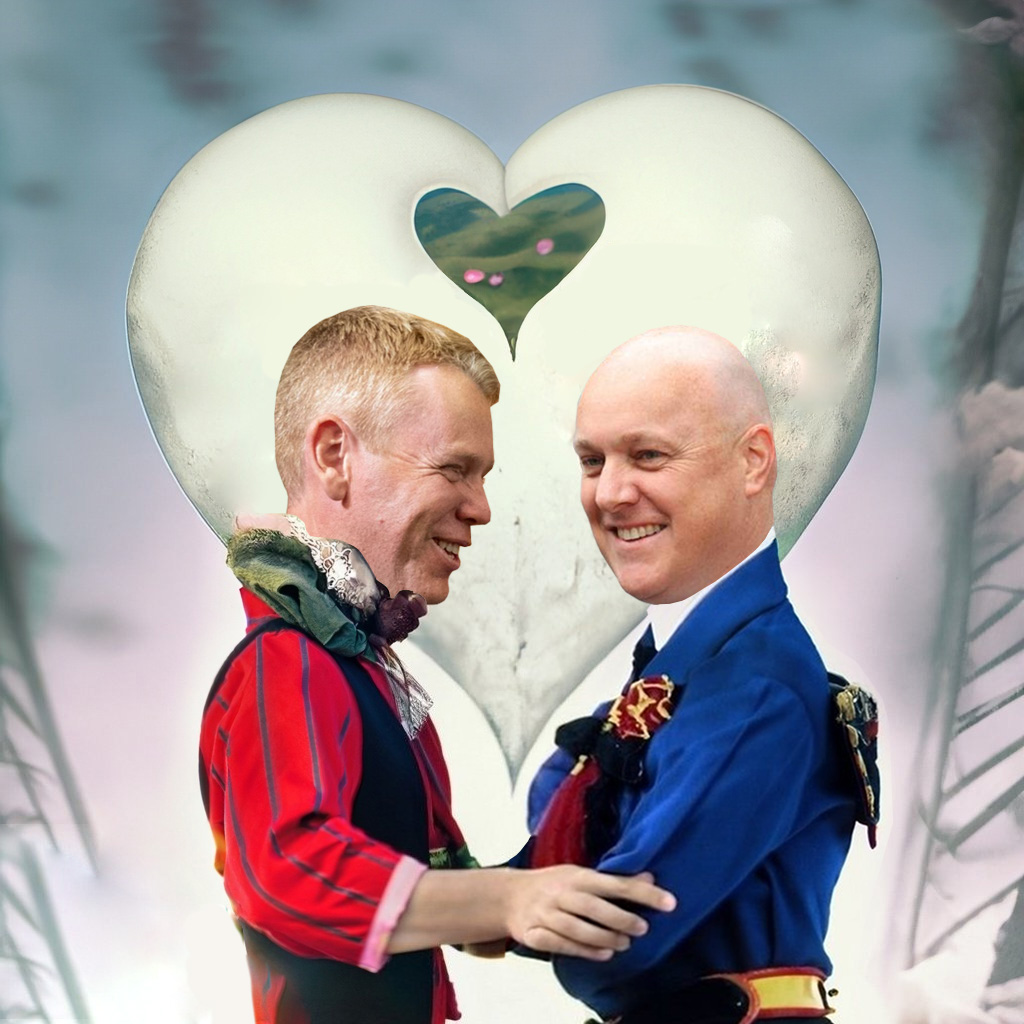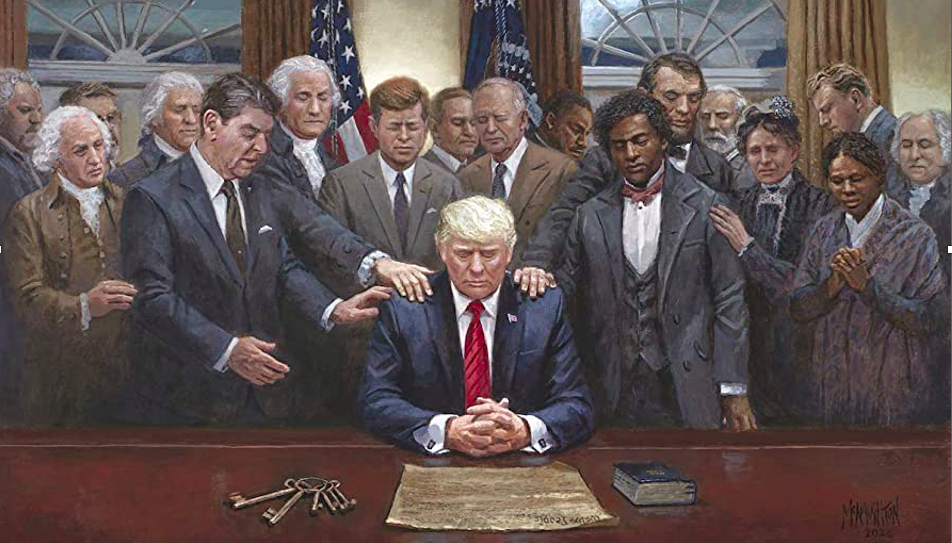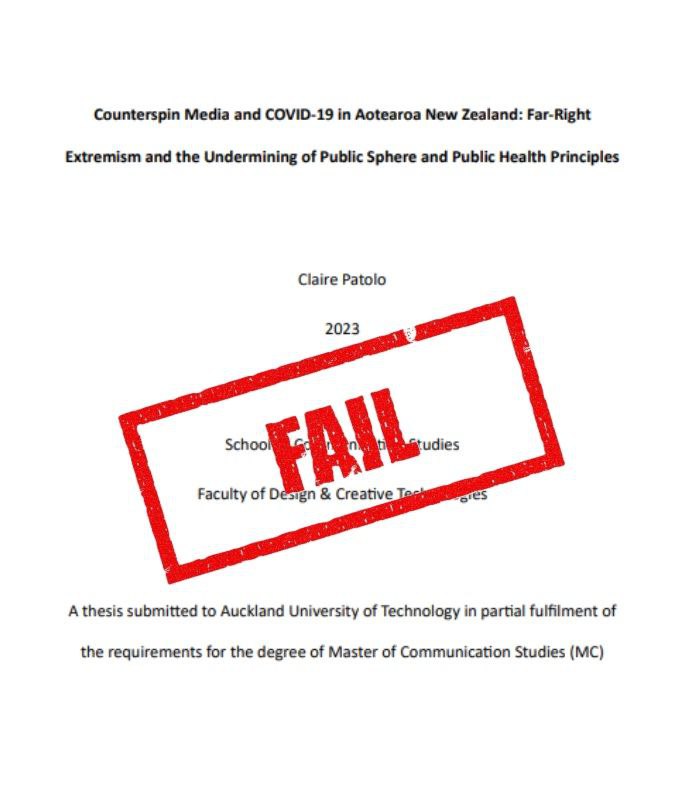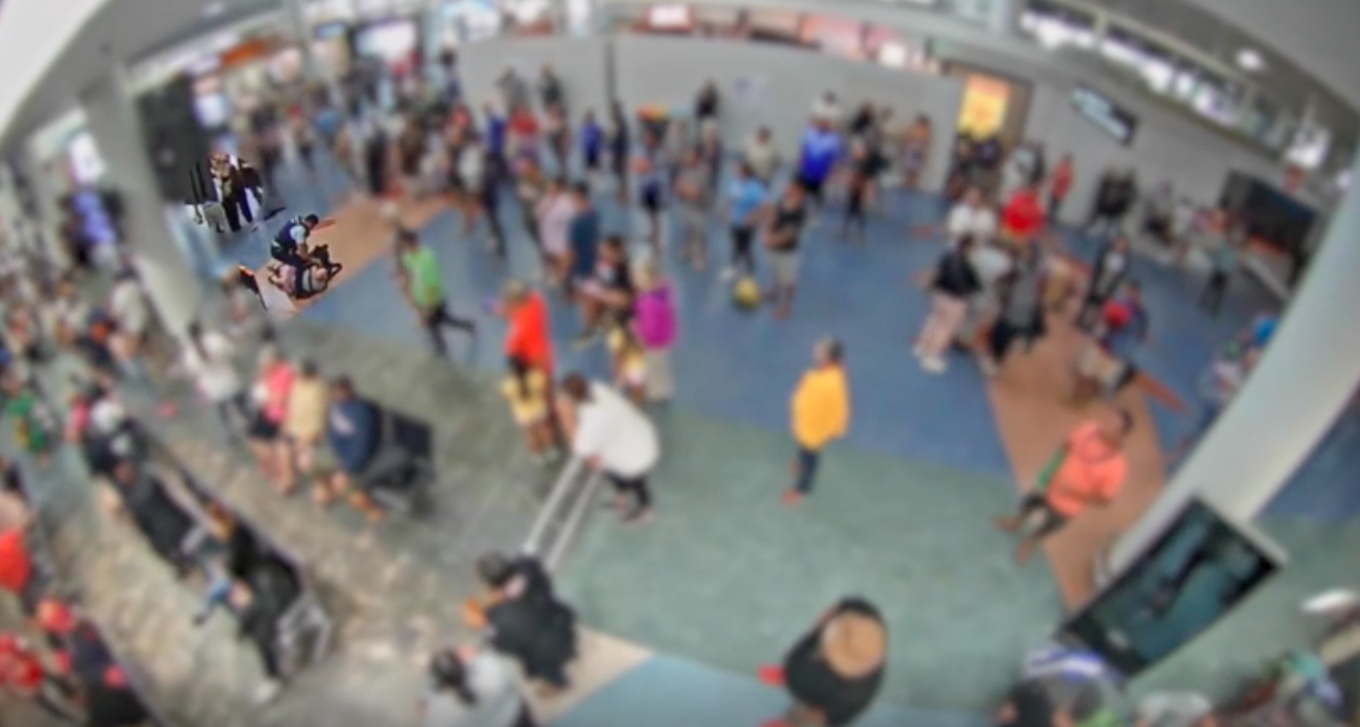
A Grand Coalition Might Happen After The 2023 New Zealand General Election
by Vince McLeod
A recent Horizon Poll found that combined support for Labournational has now fallen to less than 61%, the lowest ever. Never before have Kiwis had less confidence in the two biggest parties. The electoral ramifications of this fall in support are major.
The mathematics of building a ruling coalition are simple, but are becoming more complex. According to the Horizon poll, Labour and the Greens together would win 61 seats with almost 40% of the vote. National and ACT together would win only 54 seats, with the Maori Party taking five. This would mean that Labour and the Greens could govern by themselves.
Complicating matters is the unprecedented level of support for the parties currently outside Parliament.
New Zealand First polled at 4.8%, which means that they are on the verge of overcoming the 5% threshold. They have been rising rapidly since 12 months ago, when they were polling around 2-3%. In fact, if one removes the undecided voters from the Horizon poll, New Zealand First gets 5.3% of the remainder.
Should New Zealand First poll over 5% in the general election in October, they will win at least seven seats. Assuming they don’t go with Labour again – New Zealand First Leader Winston Peters having ruled this out – they will probably go with National, which would give the National-ACT-NZF coalition 58 seats.
Labour and Greens, in such a scenario, would have 57 seats, and would therefore need The Maori Party’s five in order to govern.
There are more complications in the form of The Opportunities Party (TOP) and DemocracyNZ. TOP polled at 2.8% in the Horizon poll, which means they’re closer to the 5% threshold than not. Almost as many of the polled voters supported “Another party”, which means that DemocracyNZ could be close to 2% support as well.
If either TOP or DemocracyNZ scored over 5% in the general election, forming a 61-seat coalition would become much more complicated.
Labour doesn’t really want to work with The Maori Party, for the obvious reason that The Maori Party are insane. A Labour-Greens-Maori Party coalition would be a nightmare of infighting. The unreasonableness of people like Rawiri Waititi would make stability impossible.
However, National doesn’t really want to work with New Zealand First either. New Zealand First may have fallen out with Labour, but that doesn’t make them great friends with National. New Zealand First are still primarily nationalist, which puts them in direct conflict with National’s globalist plunderer mindset. Peters and ACT Leader David Seymour are well known to despise each other.
This raises a possibility that some dare not whisper: Labour and National might go with each other.
A Labour and National grand coalition would send a shockwave through the New Zealand political scene. All Kiwis have been conditioned to see Labour and National as implacable enemies and two opposite poles of the political spectrum. For them to team up would force a mass change of perspective on New Zealand.
However, there is precedent for it, if not from New Zealand. Germany’s Angela Merkel was thrice involved in a grand coalition between her conservative CDU party and the social democratic SPD. In all three instances, the primary stated reason for this was keeping “extremists” out of power.
Labournational could easily make a similar justification, claiming that New Zealand First and The Maori Party were both ethnonationalist extremists. If they did, they’d have the full support of the globalist media, who would be more than happy to demonise anyone suspicious of globalism.
A grand coalition in which Chris Hipkins was the external face (dealing with the media and public) and Chris Luxon was the internal face (dealing with management), would make a lot of sense. It would mean the personable Hipkins could keep public sentiments under control, while the unpopular Luxon kept the grand coalition itself under control.
There are two major reasons why a grand coalition might not happen.
The first is pragmatic: a grand coalition would enable a party like New Zealand First to become the main opposition. If they did, they would mostly criticise the globalist establishment, which would see support for Labournational fall even further. It makes more sense for Labournational to trade opposition status between Labour and National, and thereby minimise the influence of the minor parties.
The second is more sinister: both Labour and National want to keep up the illusion that the voters actually have some choice. This is best achieved by them taking turns at ruling. If they would combine, people would realise – when nothing changed – that parliamentary democracy is just a massive scam. Their wealth and privilege depends on keeping up the charade that Kiwis have a say in their own governance.
One thing is certain: a grand coalition would make clear that it’s them against us.
Find this article on substack.
.
For more of VJM’s ideas, check out his channels on linktree: linktr.ee/vjmpublishing
-
-
Friday - May 26, 2023 - New Zealand
(121) - NZ Government
(83) - Politics
(69)




Leave a Comment